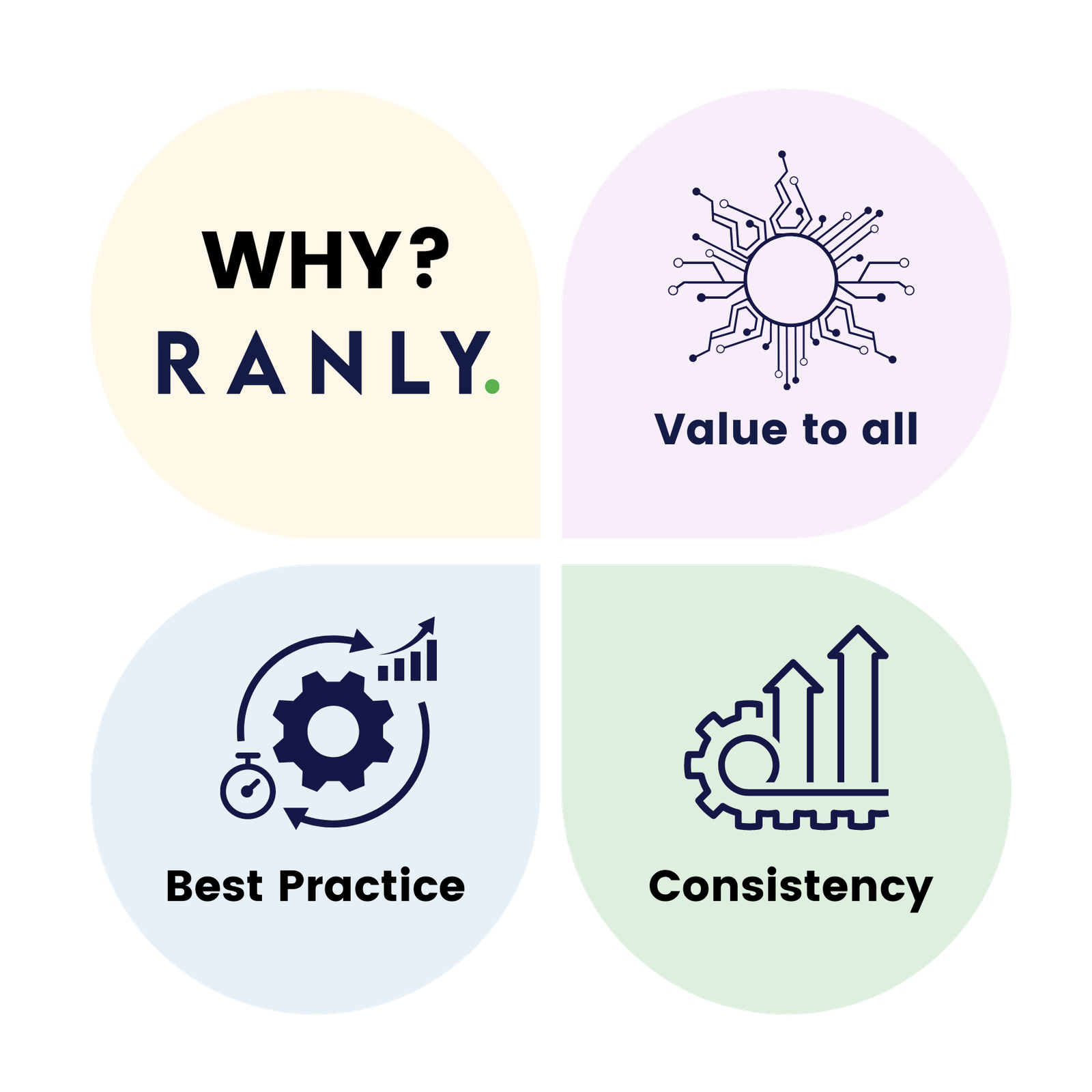What is Term Life Insurance?
Term Life Insurance is a type of life insurance policy that provides coverage for a specified period or "term," such as 10, 20, or 30 years. If the policyholder passes away during the term, the insurance company pays a death benefit to the beneficiaries. Unlike whole life insurance, term life insurance does not build cash value and is designed purely for financial protection.
Purpose of Term Life Insurance
The primary purpose of Term Life Insurance is to provide financial protection to the policyholder's family or dependents in the event of their untimely death during the policy term. It helps: Replace the policyholder’s income for their family. Cover significant expenses like mortgages, education costs, or outstanding debts. Offer affordable financial security for a specific period.
Why is Term Life Insurance Important?
Affordable Coverage: Term Life Insurance is generally more affordable compared to whole life or other permanent policies.
Temporary Needs: It’s ideal for individuals who need coverage for a specific time, such as until their children become financially independent or their mortgage is paid off.
Peace of Mind: Ensures the family’s financial stability in case of the breadwinner's untimely death.
High Coverage at Low Cost: Provides a substantial death benefit at relatively low premiums, making it accessible for most people.
Key Benefits of Term Life Insurance
Cost-Effective: Offers high coverage amounts at affordable premiums.
Flexible Term Options: Choose terms that align with your financial needs (e.g., 10, 20, or 30 years).
Financial Security: Ensures that your family’s financial obligations, like loans, education, or living expenses, are met if you’re no longer there.
Simplicity: Pure protection without additional investment or cash value components.
Convertibility: Many policies allow conversion to permanent life insurance without medical re-evaluation.
FAQs
Q1: Who should buy Term Life Insurance?
Term Life Insurance is suitable for individuals with temporary financial responsibilities, such as young families, homeowners with a mortgage, or those with dependents.Q2: What happens if I outlive the term?
If you outlive the term, the coverage ends, and no benefits are paid. However, some policies offer options to renew or convert to permanent insurance.Q3: Can I increase the coverage later?
Most insurers allow you to adjust coverage or purchase additional policies, but this might require medical underwriting.Q4: Is Term Life Insurance renewable?
Yes, many policies allow renewal after the term ends, but premiums may increase based on your age and health.Q5: How is the premium determined?
Premiums are calculated based on factors like the policyholder’s age, health, lifestyle, occupation, and the term length and coverage amount chosen.



